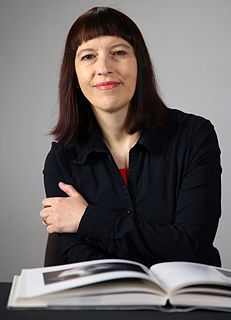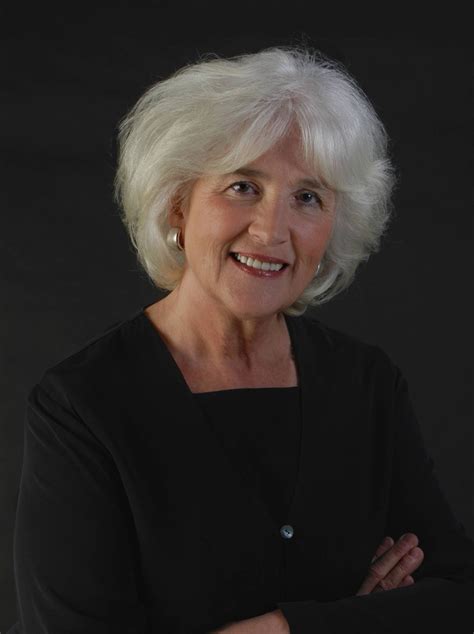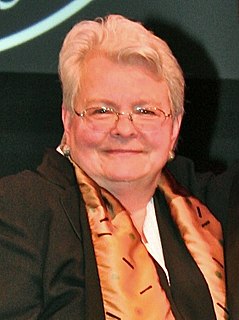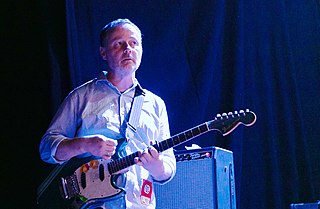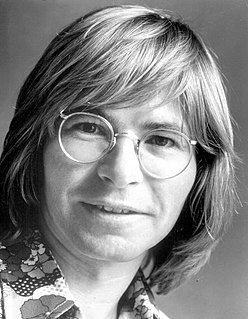A Quote by Lidija Dimkovska
I cannot and don't really want to control my mind, soul, or heart when I write and must recognize that I don't think about the readers at that moment of writing.
Related Quotes
For the soul of a person to be inflamed with passion for the living God, that person's mind must first be informed about the character and will of God. There can be nothing in the heart that is not first in the mind. Though it is possible to have theology on the head without its piercing the soul, it cannot pierce the soul without first being grasped by the mind.
I don't want to write poems that are just really clear about how I'm aware of all the traps involved in writing poetry; I don't want to write fiction that's about the irresponsibility of writing fiction and I've thrown out a lot of writing that I think was ultimately tainted by that kind of self-awareness.
My writing isn't actually guided by issues. I know it seems that way, but I don't sit down and think, Oh, there's this issue I'm bothered about. I only write about things that directly impact my life. When I write, there's a pain that I have to reach, and a release I have to work toward for myself. So it's really a question of the particular emotional circumstance that I want to express, a character that appears, a moment in time, and then I write the play backwards.
And then afterwards I worked in advertising for a year which taught me about writing even when you don't want to (laughter) because there's never a moment that you want to write about an Erickson cell phone but you have to. And that's really important you know obviously for the...like if you really want to write, you have to write every day no matter how you feel or you know. And then, yeah, and then I ended up working in TV and then from TV into movies and then directing, so.
Not to any really influential effect, but certainly there have been comments that have surprised me. It's surprising sometimes to get particular perspectives on your work, and it's enlightening sometimes to know that non-writers and readers out there have certain assumptions about everything that I both want to keep in mind and want to forget about why I write, and about the connection between me as a private person and the stuff that I think about on the page.
Let's say I've directed that [writing] energy into writing my latest book but suddenly, I really want to write about an onion. I don't say to myself, "No, you have stay on the subject," because I know that the longer I stay on the subject the more boring I get. So, if my mind wants to write about an onion, it might be a deeper way to go into what I'm working on, even though it might seem irrelevant. This is how I've learned to follow my mind.
I don't think about the reader in any conscious way that impacts the writing, as far as, Hey, most readers would like this! But at the same time, if it were presented to me: "John, you're going to write a novel. It's going to take you a few years. When you're done with it, there's a law that no one's allowed to read it." I don't think I would write it. I want someone to read it!
In my mind, only one inviolable precept exists in terms of being a successful writer: you have to write. The unspoken sub-laws of that one precept are: to write, you must start writing and then finish writing. And then, most likely, start writing all over again because this writing "thing" is one long and endless ride on a really weird (but pretty awesome) carousel. Cue the calliope music.
